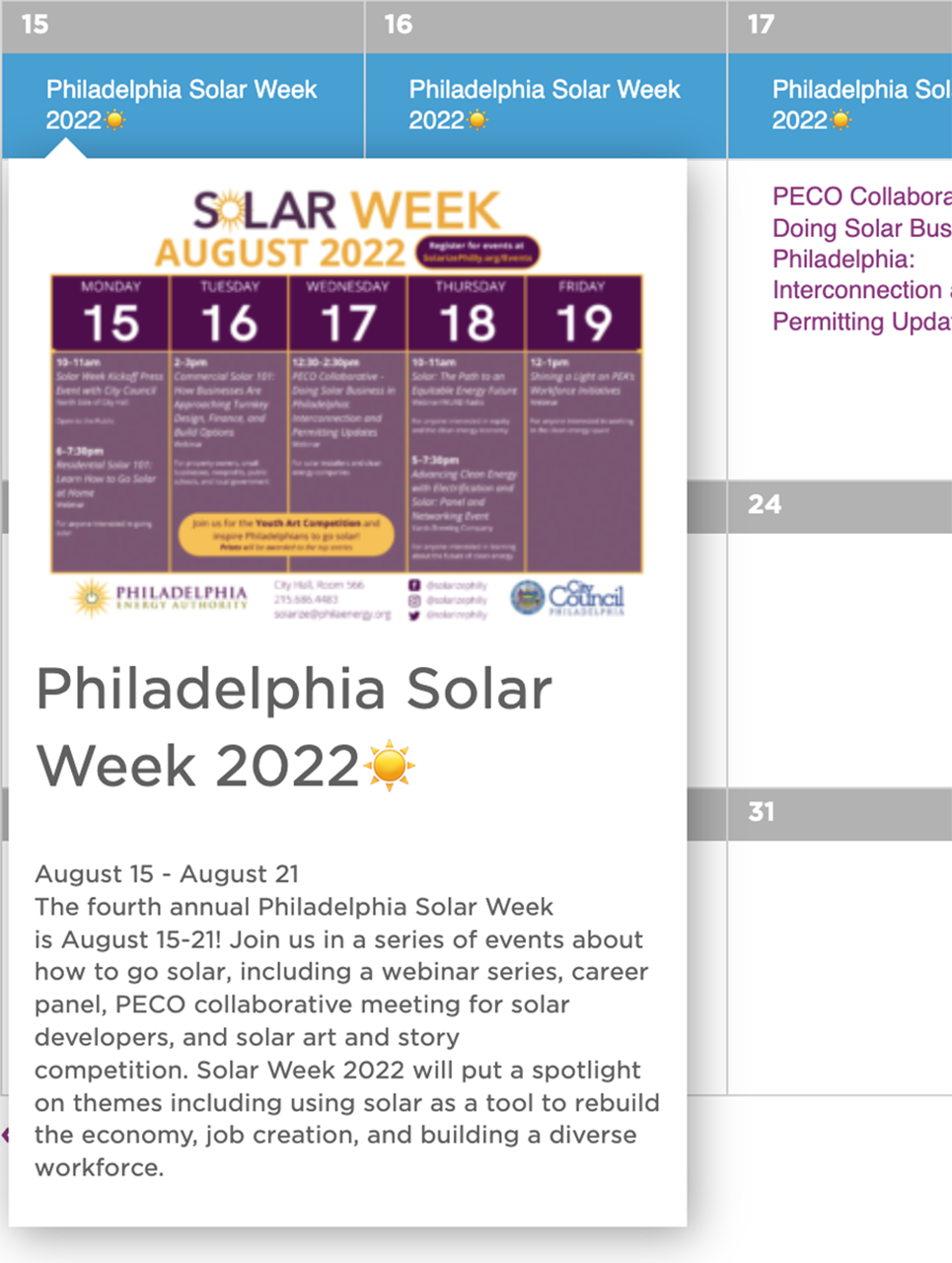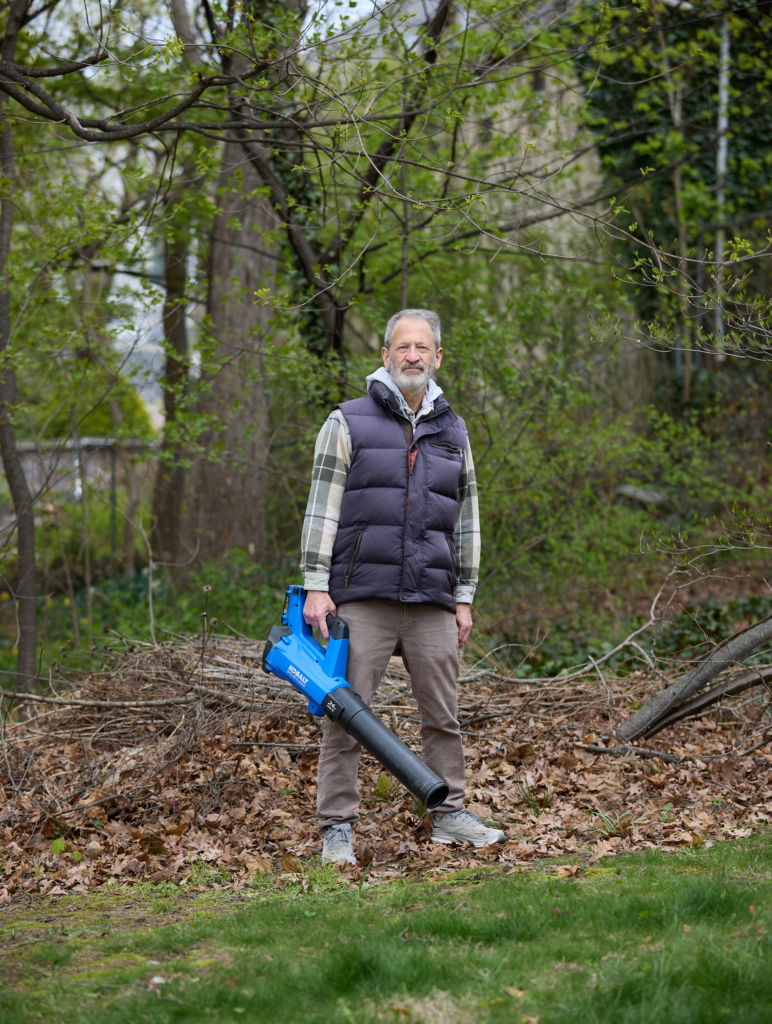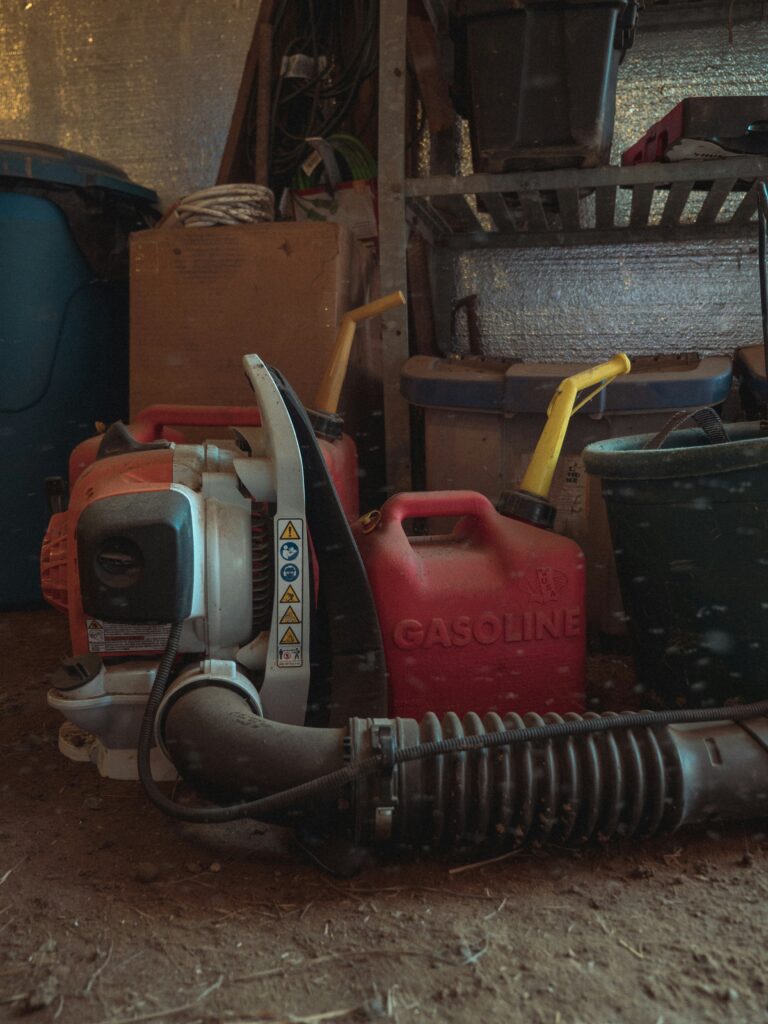The Philadelphia Department of Public Health’s Air Management Services, the division responsible for monitoring air quality in the city, is holding a hearing on Wednesday, August 10 at 6 p.m. for public input into proposed revisions to its regulations.
The regulations, which haven’t been updated since 1981, would expand the list of toxic chemicals monitored from 97 to 217 substances, something the Clean Air Council supports (check out their action alert here). The Clean Air Council is also asking that Air Management Services go further.
The proposed revisions consider the health effects of toxic chemicals one at a time, but the Clean Air Council’s Russell Zerbo points out that, in the real world, people are exposed to multiple toxic chemicals, and measurement of impact should be done cumulatively rather than separately.
“The regulations must be strengthened to truly ensure they achieve meaningful health protections for Philadelphians,” the Clean Air Council writes in its action alert. “Making simple but important changes consistent with the current science will make a real difference in preventing cancer, birth defects, and other serious health impacts from toxic air pollution in our city — especially in neighborhoods already overburdened by industrial pollution.”
The Council is also asking that Air Management Services come up with a process to update its regulations on a regular basis. The Clean Air Act requires the EPA to update regulations roughly every five years, with localities following suit. In practice most regulators update their rules every five to 10 years, “but not, like, 41 years,” Zerbo says.
Local air quality activist Lynn Robinson, of Neighbors Against the Gas Plants, wrote to Grid to express concerns about the proposed revisions, pointing out that although the regulation revisions add more toxic chemicals to the list being monitored from the largest emitters of air pollution, it reduces oversight of minor polluting facilities (the EPA classifies polluters as minor or major). “It looks to me that the Philadelphia Department of Health has added to their list of toxic air pollutants, and under the guise of improving the regulation, is actually tossing away their responsibilities for reporting and managing those toxic emissions,” Robinson wrote.
Sign up to register here to make your voice heard.









